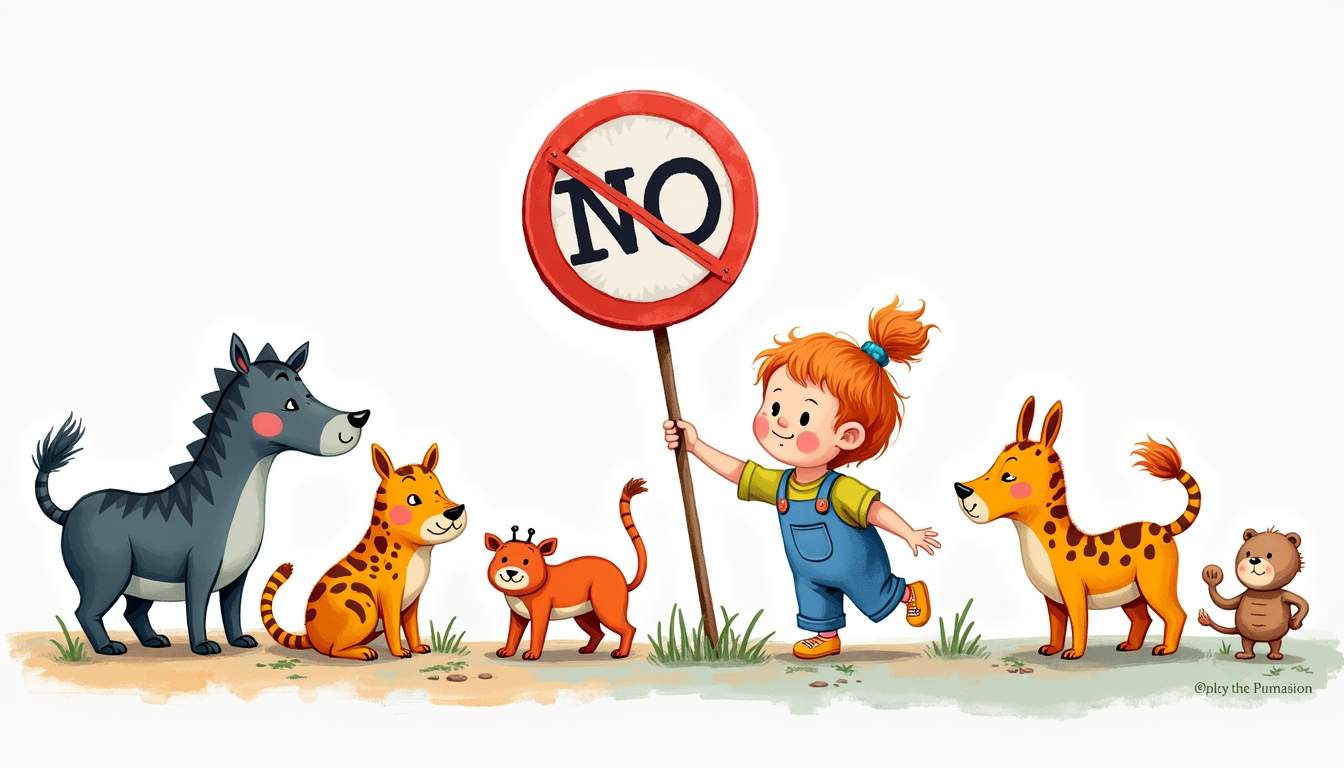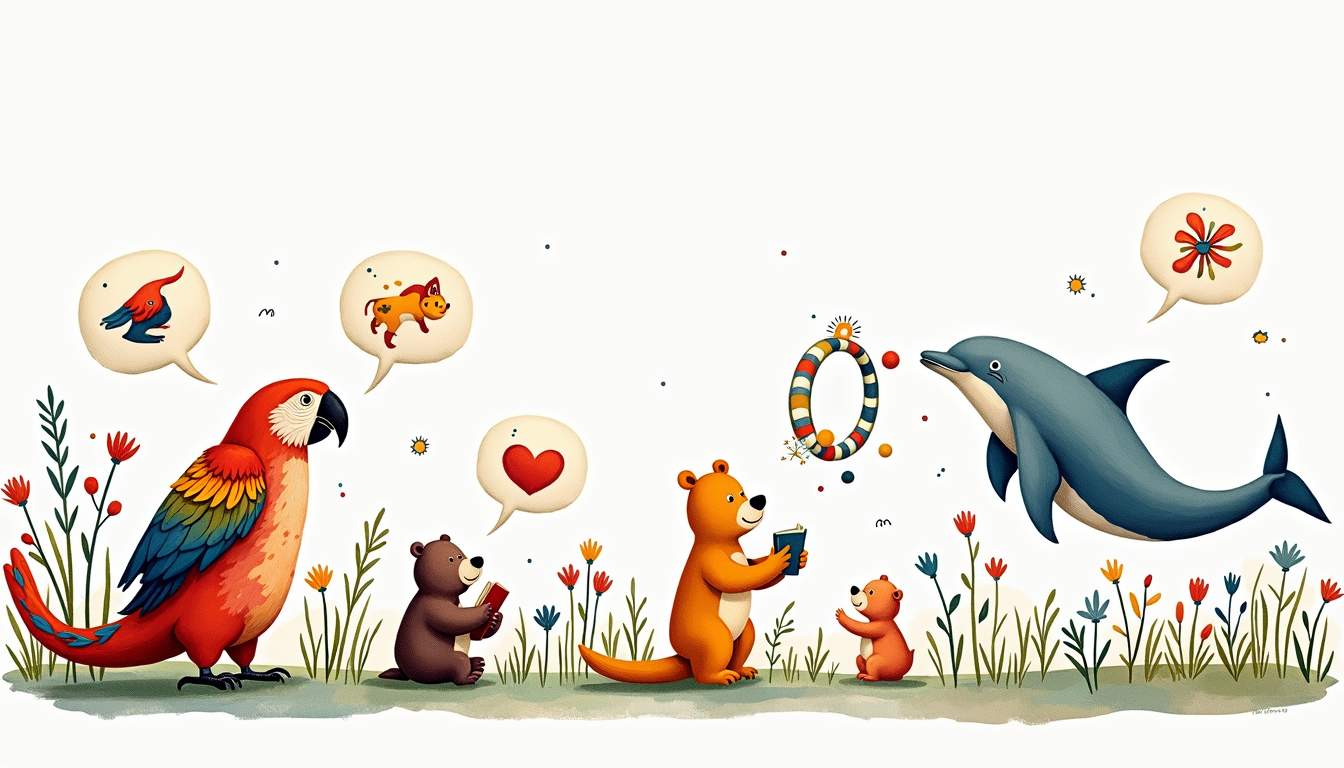As parents navigate the intricacies of bonding with their newborns, questions often arise about the appropriateness of certain actions, such as kissing a baby on the lips. This article delves into the varying perspectives on this topic, focusing on cultural norms, scientific insights, and potential risks, as well as the benefits and alternatives to kissing.
Understanding the Controversy
The act of kissing a baby on the lips can evoke a diverse range of opinions. In some cultures, it is seen as an affectionate gesture, while in others, it may be met with scrutiny. Understanding these cultural contexts is crucial in framing the discussion around this seemingly simple action.
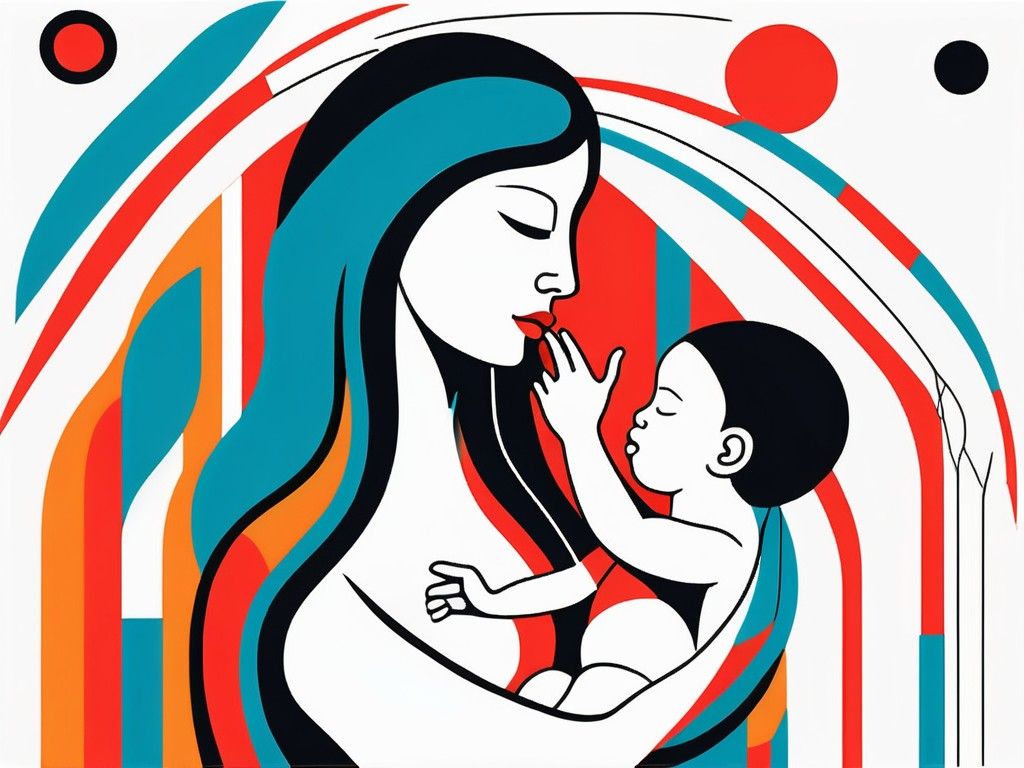
The Cultural Perspective
Cultural norms play a significant role in shaping our behaviors and beliefs regarding physical affection. In many societies, kissing is a common expression of love and warmth. For instance, Mediterranean cultures often demonstrate affection through physical contact, including lip kisses, both between adults and children.
Conversely, other cultures may regard kissing children on the lips as inappropriate or unnecessary. This perspective is often rooted in beliefs about boundaries and the preservation of innocence in children. The cultural dichotomy highlights that context is essential in discussing this topic. In some Indigenous cultures, for example, physical touch is a vital part of nurturing, where close contact is encouraged to foster strong family bonds. This illustrates that the significance of a kiss can vary widely, influenced by historical, social, and familial values.
The Medical Perspective
From a medical standpoint, opinions vary on the safety of kissing a baby on the lips. Pediatricians often emphasize the importance of hygiene and the potential transmission of germs. Infants have developing immune systems, which may make them more susceptible to infections from bacteria or viruses that can be transferred through saliva.
Nonetheless, many healthcare professionals also recognize the importance of affection and bonding in early childhood development, suggesting that the emotional benefits may outweigh some of the risks involved with casual kissing. Research indicates that physical affection can lead to increased oxytocin levels, promoting feelings of trust and security in children. This emotional foundation is crucial for healthy development, suggesting that while caution is warranted, the act of kissing can also serve as a vital component of nurturing relationships. Furthermore, parents and caregivers are encouraged to be mindful of their own health, as well as the health of their child, to strike a balance between affection and safety.
The Science Behind Mother-Baby Kisses
Exploring the biological implications of mother-baby kisses reveals fascinating insights into their impact on health and development. Saliva is a critical factor in this dynamic, serving both beneficial and potentially harmful roles.
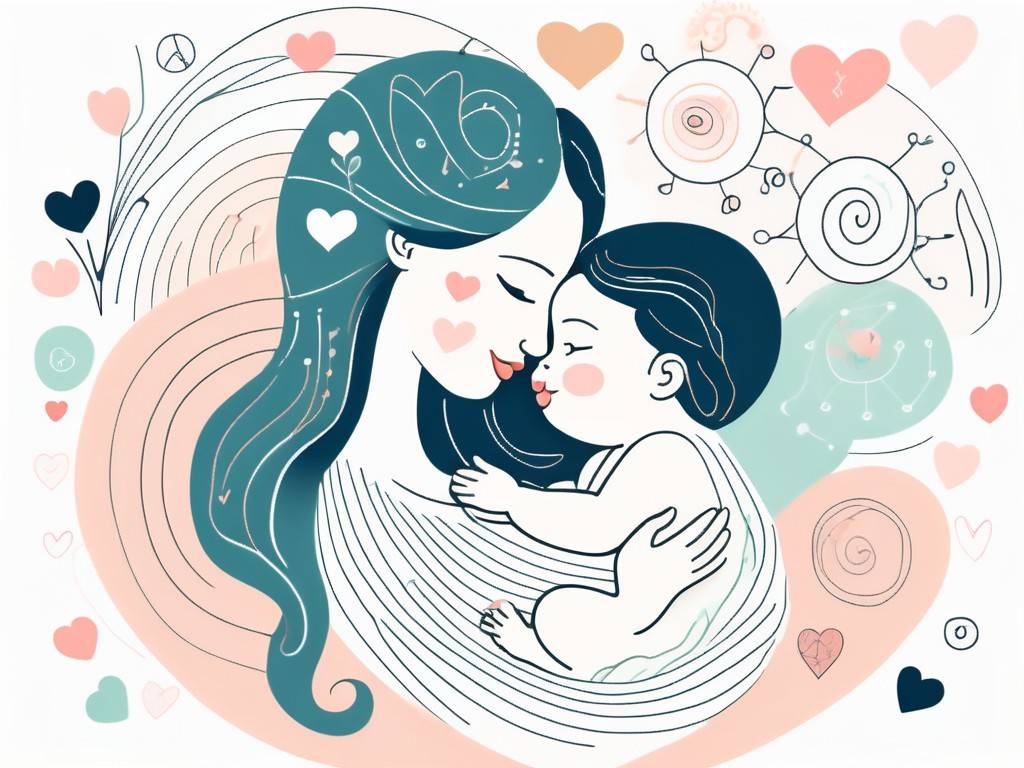
The Role of Saliva
Saliva is a complex biological fluid that contains various enzymes, antibodies, and beneficial bacteria. When a mother kisses her baby, she may introduce beneficial microbes that could aid in establishing the infant’s microbiome. A healthy microbiome is essential for digestion, immunity, and overall well-being. This early microbial exposure is crucial as it helps the baby develop a robust immune system, which can protect against allergies and autoimmune diseases later in life.
However, saliva also carries potential pathogens. It’s crucial for parents to be aware of their health status and to avoid kissing their baby if they are feeling unwell or suspect they are contagious. Awareness and hygiene are critical components of ensuring safety during affectionate interactions. In addition to being mindful of their own health, parents can also support their baby’s immune system by maintaining a clean environment and practicing good hygiene, such as regular handwashing and avoiding close contact during illness.
Immunity Transfer: Fact or Fiction?
The notion that kissing can help transfer immunity from a parent to a child poses an interesting debate. Some studies suggest that exposure to certain bacteria through saliva may help acclimatize the baby’s immune system to fight infections more effectively. This transfer of immunity is particularly relevant in the early months of life, when a baby’s immune system is still developing and learning to distinguish between harmful and harmless microorganisms.
Still, while this theory holds some merit, it is essential to differentiate between beneficial and harmful exposures. Parents should engage in practices that promote the child’s health while remaining cautious about potential risks. For instance, the timing and context of kisses can play a significant role; gentle kisses on the forehead or cheek may be safer than kisses on the lips, especially during cold and flu season. Furthermore, fostering a nurturing environment that includes breastfeeding, skin-to-skin contact, and a balanced diet can also contribute to the baby’s overall immunity and health, complementing the effects of affectionate gestures like kissing.
Potential Risks and Concerns
While the affection of kissing can bring joy and bonding, it is essential to address the potential risks and concerns associated with this practice, particularly when it comes to oral health and infection transmission.
Oral Health Implications
Infants are particularly vulnerable to developing oral health issues, as their teeth are still forming, and their immune systems are not fully developed. Kissing on the lips can potentially introduce harmful bacteria that may contribute to early tooth decay or other oral health concerns. The mouth is home to a complex ecosystem of bacteria, and while many are harmless, some can lead to infections or exacerbate existing conditions in young children.
Parents should prioritize good oral hygiene and, if necessary, consult with a pediatric dentist to understand the best practices that can prevent potential issues related to kissing on the lips. Regular dental check-ups, starting as early as the first tooth, can help monitor the child’s oral health and provide guidance on how to maintain it. Additionally, educating caregivers about the importance of washing hands and avoiding sharing utensils or drinks can further protect infants from harmful bacteria that may be transmitted through kissing.
Risk of Infection Transmission
One of the most significant risks associated with kissing babies on the lips is the potential transmission of infections. Common cold viruses, flu, and more serious conditions can easily spread through saliva. During flu season or when viruses are circulating, cautiousness is particularly warranted. Furthermore, certain viruses, such as herpes simplex virus, can be transmitted through kissing, even when no visible sores are present, posing a serious risk to an infant’s health.
To reduce the risk of transmission, parents are encouraged to maintain good hygiene practices, avoid kissing children when feeling ill, and be mindful of their surroundings and the health of those they interact with. It may also be beneficial to establish a family policy regarding kissing, perhaps opting for cheek kisses or air kisses instead of direct lip contact. This approach can help foster affection while minimizing health risks, allowing families to enjoy closeness without compromising the well-being of their little ones. Additionally, educating family members and friends about these practices can create a supportive environment that prioritizes the health of the child.
Benefits of Physical Affection in Early Childhood
Despite the potential risks, the benefits of physical affection, including kissing, should not be overlooked. Research has consistently shown that early affection plays a critical role in a child’s emotional and psychological development.
Emotional Bonding and Attachment
Physical affection contributes significantly to the emotional well-being of an infant. Kissing and cuddling foster a sense of safety and security, helping infants develop strong attachments to their caregivers. This strong emotional bond lays the foundation for healthy relationships later in life.
Additionally, affectionate interactions have been linked to lower levels of stress in both parents and children. When a mother kisses her baby, both parties benefit from the release of oxytocin, often referred to as the “love hormone,” which promotes feelings of happiness and connection.
Impact on Baby’s Development
A child’s developmental trajectory is profoundly influenced by the quality of interactions they have with their caregivers. Affectionate behavior, such as kissing, promotes not only emotional security but also stimulates cognitive and social development.
Studies indicate that early affectionate interactions support language development, problem-solving skills, and even empathy in children as they grow older. Thus, while safety is crucial, fostering affection remains a significant aspect of healthy child development.
Alternatives to Kissing on the Lips
For parents concerned about the risks associated with kissing on the lips, there are numerous alternatives that allow for physical affection without compromising safety. These alternatives can still convey love and warmth while protecting the child’s health.
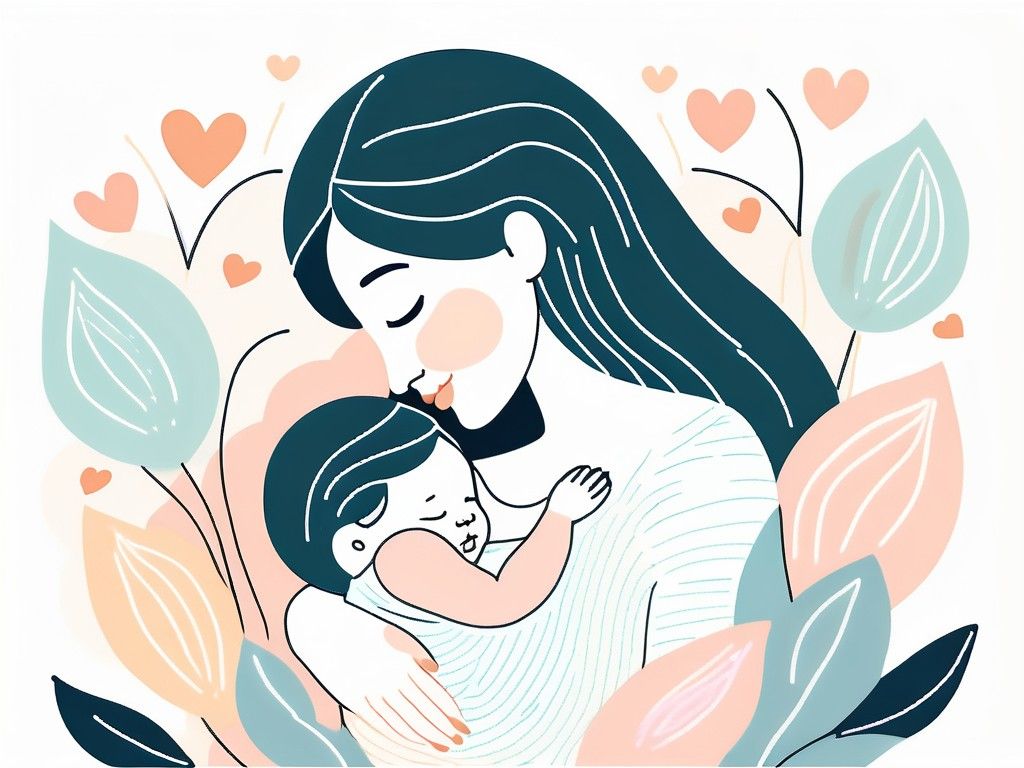
Cheek Kisses and Forehead Kisses
Cheek and forehead kisses are excellent alternatives to lip kisses. They can express love and affection without the potential risks associated with saliva transfer. These types of kisses can still provide emotional reassurance to the child, promoting a sense of safety and love.
Moreover, these gestures can be integrated into daily routines, reinforcing the bond between parent and child while maintaining hygiene and safety.
Hugs and Cuddles: The Power of Touch
Hugs and cuddles are powerful expressions of love that do not involve the mouth and can be just as effective in fostering emotional connections. Physical touch in the form of hugs has been associated with reduced stress and improved mood, reinforcing the significance of tactile interactions in early development.
Pediatricians and psychologists alike recommend incorporating a diverse array of affectionate interactions, such as holding, rocking, and singing, into the daily routine to enhance bonding and support healthy emotional development.
In conclusion, while the question of whether a mom can kiss her baby on the lips encompasses various cultural, medical, and personal perspectives, it ultimately comes down to the balance between affection and safety. By understanding the implications and considering alternatives, parents can foster loving relationships with their children while prioritizing their health and well-being.



